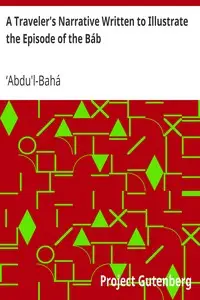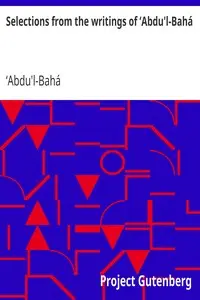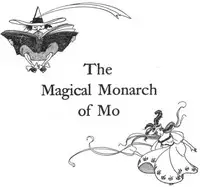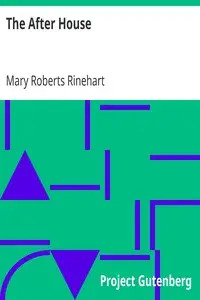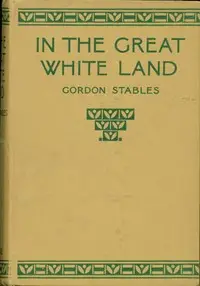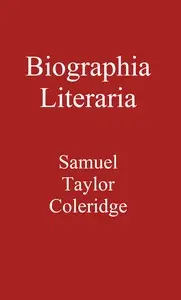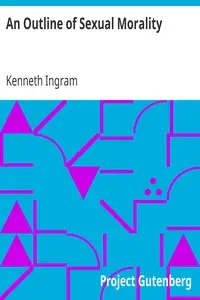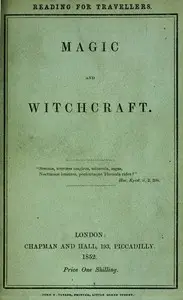"‘Abdu'l-Bahá's Tablet to Dr. Forel" by ʻAbdu'l-Bahá is a philosophical treatise written in the early 20th century. The book is centered around a correspondence addressed to August Forel, a prominent Swiss psychiatrist and advocate of the Bahá'í faith. It delves into themes of spirituality, the nature of the soul, and the relationship between human beings and the divine, offering insights that bridge science and religious thought. In this Tablet, ʻAbdu'l-Bahá discusses various aspects of human existence and the interplay between the mind, soul, and nature. He argues against narrow materialistic perspectives and highlights the importance of broad-minded philosophy and spiritual understanding. The text explores the existence of the soul as distinct from the physical body and asserts that true knowledge comes from the inherent properties of the soul rather than mere sensory perception. Utilizing comparisons between the different kingdoms of existence—mineral, vegetable, animal, and human—ʻAbdu'l-Bahá presents a compelling argument for a greater, unifying reality behind the nature of existence, asserting that human beings possess the ability to transcend natural limitations through their intellect and spirit. Ultimately, the Tablet serves as a call to foster unity and understanding among diverse philosophies and religious beliefs, underscoring the Bahá'í teachings as a remedy for humanity's social challenges. (This is an automatically generated summary.)

‘Abdu'l-Bahá's Tablet to Dr. Forel
By ʻAbdu'l-Bahá
"‘Abdu'l-Bahá's Tablet to Dr. Forel" by ʻAbdu'l-Bahá is a philosophical treatise written in the early 20th century. The book is centered around a corr...
Genres
Released
2006-09-18
Formats
mobi (images)
mobi
epub (images)
epub3 (images)
epub
Free Download
Overview
About the Author
ʻAbdu'l-Bahá, born ʻAbbás, was the eldest son of Baháʼu'lláh, founder of the Bahá’í Faith who designated him to be his successor and head of the Baháʼí Faith from 1892 until 1921. ʻAbdu'l-Bahá was later cited as the last of three "central figures" of the religion, along with Baháʼu'lláh and the Báb, and his writings and authenticated talks are regarded as sources of Baháʼí sacred literature.
Total Reviews
10.0k
Total reviews from Goodreads may change

